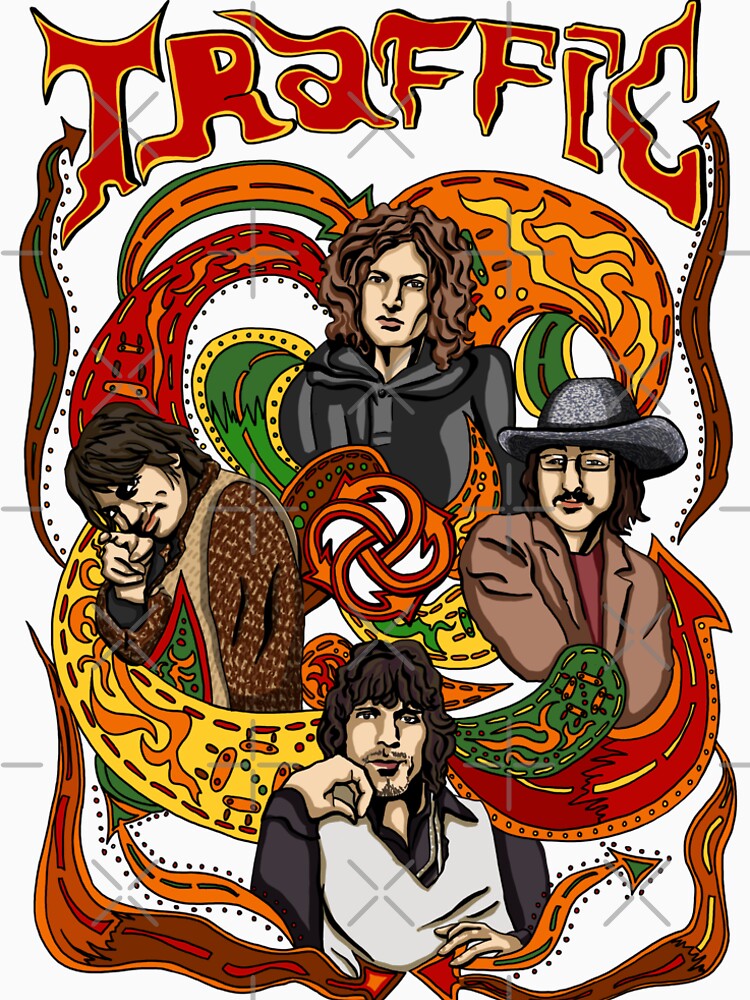

Though his eponymous solo debut surfaced in 1970, Clapton’s solo career took off in the mid-‘70s with “461 Ocean Boulevard” and its now-ubiquitous single, “I Shot the Sheriff.” The English performer has since released 19 more solo sets, most recently “Old Sock.” That 13-track collection features mostly covers, as well as guest appearances by several established musicians, including J.J. He’s also earned an unofficial spot high on the list of best rock guitarists of all time. Along with dozens of album releases and concerts worldwide, he’s received three Rock and Roll Hall of Fame inductions - one for his solo career and two more as a member of both Cream and the Yardbirds. Over the next few years, tours and membership of the group came and went until they finally called it quits in 1974, with Steve Winwood in particular, launching a successful solo career.Over the course of his more than 50-year career, guitar legend Eric Clapton has covered an immense amount of ground. In November 1971, Traffic released The Low Spark of High Heeled Boys, which was a Top 10 American album but did not chart in the UK the LP is also notable for its die-cut cover. The group further expanded in 1971 with drummer Jim Gordon of Derek and the Dominos and percussionist Rebop Kwaku Baah. Traffic went on to expand its lineup late in 1970, adding Winwood's former Blind Faith bandmate Ric Grech on bass. Winwood then formed the supergroup Blind Faith with Eric Clapton and Ginger Baker, which lasted less than a year, recording one album and undertaking one US tour.Īfter the break-up of Blind Faith in 1969, Winwood began working on a solo recording, bringing in Wood and Capaldi to contribute, and the project eventually turned into a new Traffic album, John Barleycorn Must Die, their most successful album yet. His departure went unexplained at the time, even to Capaldi and Wood. The band was dissolved by Winwood's leaving in early 1969. During 1968 Winwood and Wood often played with Jimi Hendrix, and they both appear on The Jimi Hendrix Experience's 1968 double album Electric Ladyland, as did an uncredited Mason. The band toured the US as a trio in late 1968, which led to the following year's release of Traffic's next album, Last Exit, one side of which was recorded live. Mason also cited discomfort with the Traffic lifestyle.

Winwood, Wood, and Capaldi wanted to take the group in a different direction, opting for a folk/blues style rather than their earlier psychedelic/eclectic rock sound, while Mason was oriented towards psychedelic pop. Released in 1968, it included the original version of Mason's "Feelin' Alright", which was later recorded with great success by Joe Cocker. Fantasy was released, but rejoined for a few months of 1968, long enough to contribute to a slim majority of the songs on their second album, Traffic. Mason left the group due to artistic differences just after Mr. Fantasy, produced by Jimmy Miller, and like the singles, was a hit in the UK but not as big elsewhere, although it did reach number 88 in the US. The band's line-up varied from this point until they disbanded again in 1974. Traffic disbanded in 1969, during which time Winwood joined Blind Faith, then reunited in 1970 to release the critically acclaimed album John Barleycorn Must Die. Their first three singles were "Paper Sun", "Hole in My Shoe", and "Here We Go Round the Mulberry Bush". They began as a psychedelic rock group and diversified their sound through the use of instruments such as keyboards like the Mellotron and harpsichord, sitar, and various reed instruments, and by incorporating jazz and improvisational techniques in their music. Traffic was an English rock band, formed in Birmingham, in April 1967 by Steve Winwood, Jim Capaldi, Chris Wood and Dave Mason.


 0 kommentar(er)
0 kommentar(er)
